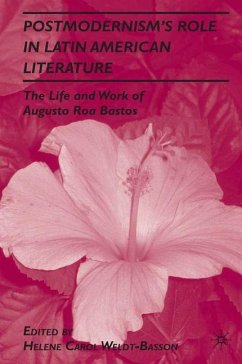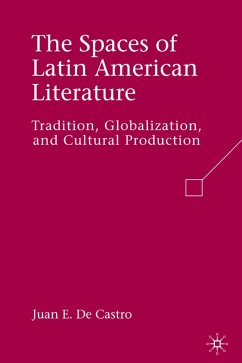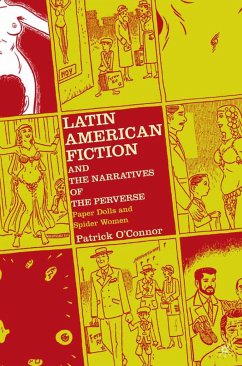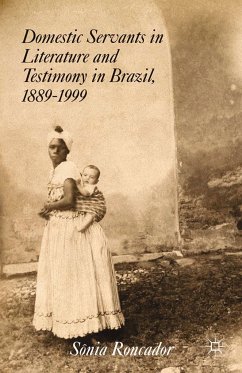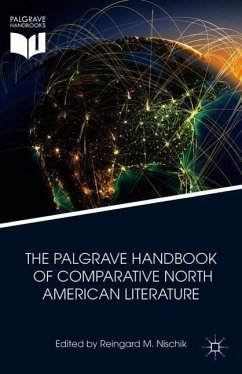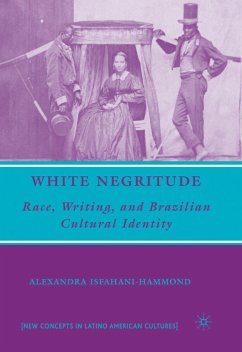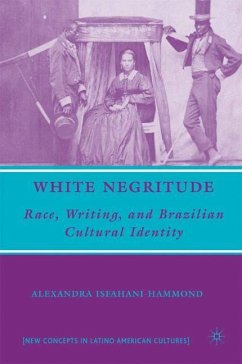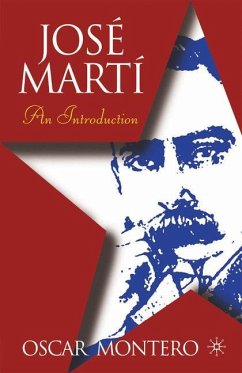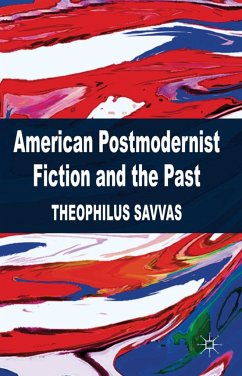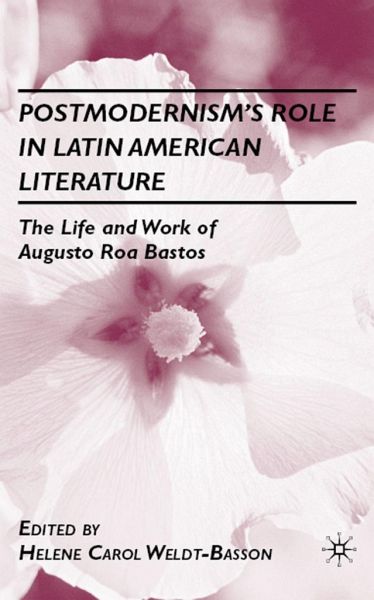
Postmodernism's Role in Latin American Literature
The Life and Work of Augusto Roa Bastos
Versandkostenfrei!
Versandfertig in 6-10 Tagen
38,99 €
inkl. MwSt.
Weitere Ausgaben:

PAYBACK Punkte
19 °P sammeln!
Augusto Roa Bastos (1917-2005), winner of the prestigious Cervantes prize, is one of the most important Latin American writers of the twentieth century. This commemorative collection consists of articles by nine scholars reflecting upon the postmodern nature of the Paraguayan author's literary production and his place in world literature. The volume includes articles on the author's screenplays, his masterpiece, the dictator novel "I The Supreme," his short stories, feminist approaches to Roa Bastos's novels, reflections on the writer's Guarani poetry, and a study of the complex, intertextual relationships between his novel "El fiscal" and his other texts.





